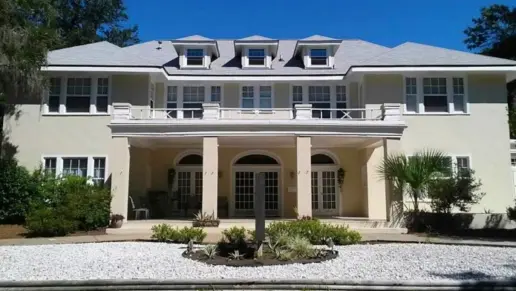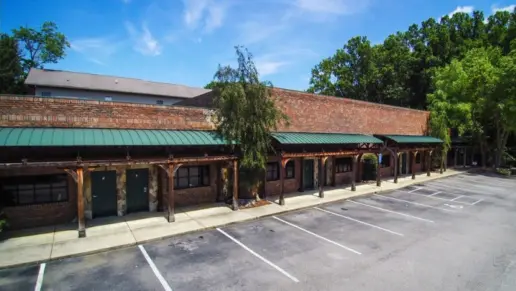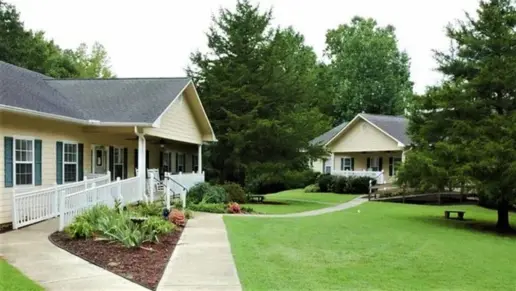Cold and uncaring about the unique situations of individual people. Waited 6months on list and showed up on time meeting all guidelines in place by this place, paid my $600 up front, made my bed and settled in just to be told only hours later that my situation did not qualif ...
About Carter Hope Center
Carter Hope, in Dalton, Georgia, is a 12 step focused drug and alcohol rehab for adults. They offer residential, outpatient, and aftercare programming based on the Matrix Model. Specialized services for young adults, adolescents, justice involved persons, and persons with co-occurring addiction and mental illness are available.
Carter Hope is a 12 step focused addiction recovery center for adolescents and adults in Dalton, Georgia providing inpatient, outpatient, and aftercare services based on the Matrix Model. They also offer court mandated services and dual diagnosis care.
The inpatient program allows clients to focus on their recovery in a highly structured and supportive environment with home like amenities. Clients receive medical and mental health assessments, personalized care plans, and comprehensive case management. They engage in intensive, trauma informed, CBT based individual, group, and family counseling. An array of evidence based complementary therapies is also available, including equine therapy, meditation and mindfulness, and recreational therapy. The program also prioritizes independent living and recovery focused life skills training, including courses in coping, self care, relapse prevention, job readiness, and financial and household management.
Carter Hope’s outpatient programs promote clients’ long term recovery through a robust continuum of care aligned with clients’ evolving needs. Their levels of care include intensive outpatient (IOP), standard outpatient, sober living/transitional housing, and alumni programming. Comprehensive aftercare planning and support services are designed to facilitate clients’ successful reintegration into the community and may include peer coaching, career counseling, and medical, mental health, and social service program referrals.
Carter Hope is licensed by the State of Georgia. They are a nonprofit organization and accept self pay and daily payment schedules. Financial aid is available.
Facility Overview
Latest Reviews
Rehab Score
Gallery
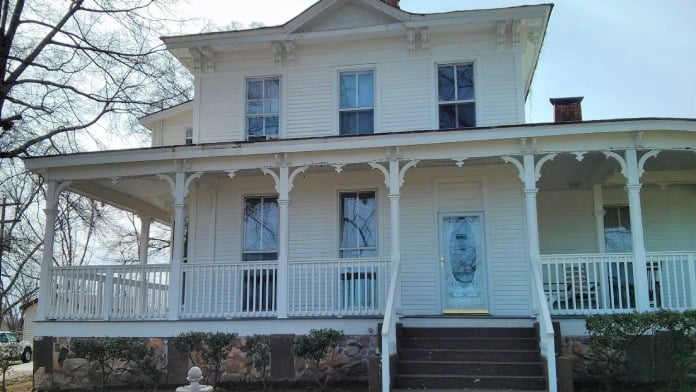
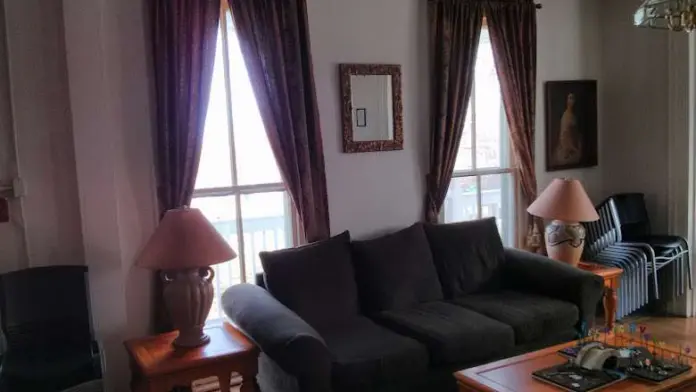
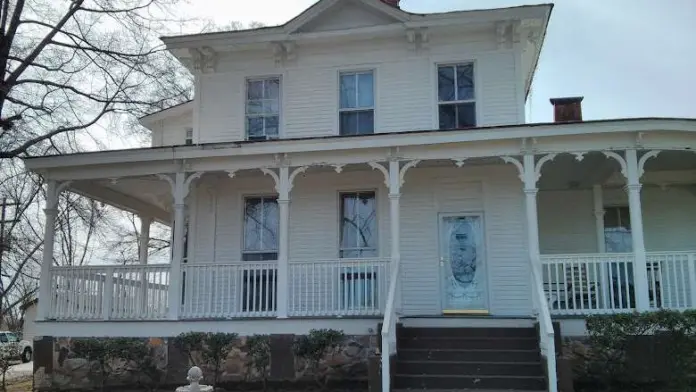
Location
Other Forms of Payment
Self-pay involves paying for treatment out of your own pocket. You can use savings or credit, get a personal loan, or receive help from family and friends to fund your treatment. If you don't have insurance or your insurance plan doesn't cover a specific program, self-pay can help ensure you still get the care you need.
Addiction Treatments
Levels of Care
Treatments
The goal of treatment for alcoholism is abstinence. Those with poor social support, poor motivation, or psychiatric disorders tend to relapse within a few years of treatment. For these people, success is measured by longer periods of abstinence, reduced use of alcohol, better health, and improved social functioning. Recovery and Maintenance are usually based on 12 step programs and AA meetings.
A quality drug rehab in Georgia can help you overcome addiction. This environment is designed to help you address the complex issues contributing to drug dependence. The goal of treatment is to give you the tools you need to make a full recovery.
Substance rehabs focus on helping individuals recover from substance abuse, including alcohol and drug addiction (both illegal and prescription drugs). They often include the opportunity to engage in both individual as well as group therapy.
Programs


Clinical Services
Cognitive Behavioral Therapy (CBT) is a therapy modality that focuses on the relationship between one's thoughts, feelings, and behaviors. It is used to establish and allow for healthy responses to thoughts and feelings (instead of unhealthy responses, like using drugs or alcohol). CBT has been proven effective for recovering addicts of all kinds, and is used to strengthen a patient's own self-awareness and ability to self-regulate. CBT allows individuals to monitor their own emotional state, become more adept at communicating with others, and manage stress without needing to engage in substance abuse.
Group therapy is any therapeutic work that happens in a group (not one-on-one). There are a number of different group therapy modalities, including support groups, experiential therapy, psycho-education, and more. Group therapy involves treatment as well as processing interaction between group members.
In individual therapy, a patient meets one-on-one with a trained psychologist or counselor. Therapy is a pivotal part of effective substance abuse treatment, as it often covers root causes of addiction, including challenges faced by the patient in their social, family, and work/school life.
During rehab in Georgia, you may engage in motivational interviewing. This typically lasts one to two sessions and is designed to address any ambivalence you have toward change. It helps you explore your current situation and motivations and commit to making changes for the future.
In trauma therapy, you address the emotional and psychological effects of traumatic events in your life. Your therapist provides you with the tools you need to process those memories and reduce the symptoms. This helps improve your overall mental health and functioning.
The skills you learn in couples therapy are designed to help you successfully address relationship challenges as they arise. These skills can include anger management, conflict resolution, communication, and problem solving.
Research clearly demonstrates that recovery is far more successful and sustainable when loved ones like family members participate in rehab and substance abuse treatment. Genetic factors may be at play when it comes to drug and alcohol addiction, as well as mental health issues. Family dynamics often play a critical role in addiction triggers, and if properly educated, family members can be a strong source of support when it comes to rehabilitation.
Life skills trainings involve all the skills a person must have in order to function successfully in the world. These include time management, career guidance, money management, and effective communication. Truly successful addiction recovery is based on the ability to not only live substance-free, but to thrive. Life skills teaches the practical necessities of functioning in society, which sets clients up for success in life, and therefore sobriety.
By incorporating recreational therapy into an addiction treatment program in Georgia, you learn to discover new interests and develop health and healthy coping mechanisms. Activities could include painting, group sports, or yoga. These encourage social interaction and support your physical fitness, which are vital factors in a successful recovery journey.
When it is difficult to talk about feelings or challenges, creative arts therapy can provide an outlet to express your emotions and process the issues. A trained therapist will guide you in exploring your struggles through art forms such as dance, music, painting, or journaling.
Amenities
-
Residential Setting
Contact Information
506 E Hawthorne St
Dalton, GA 30721
